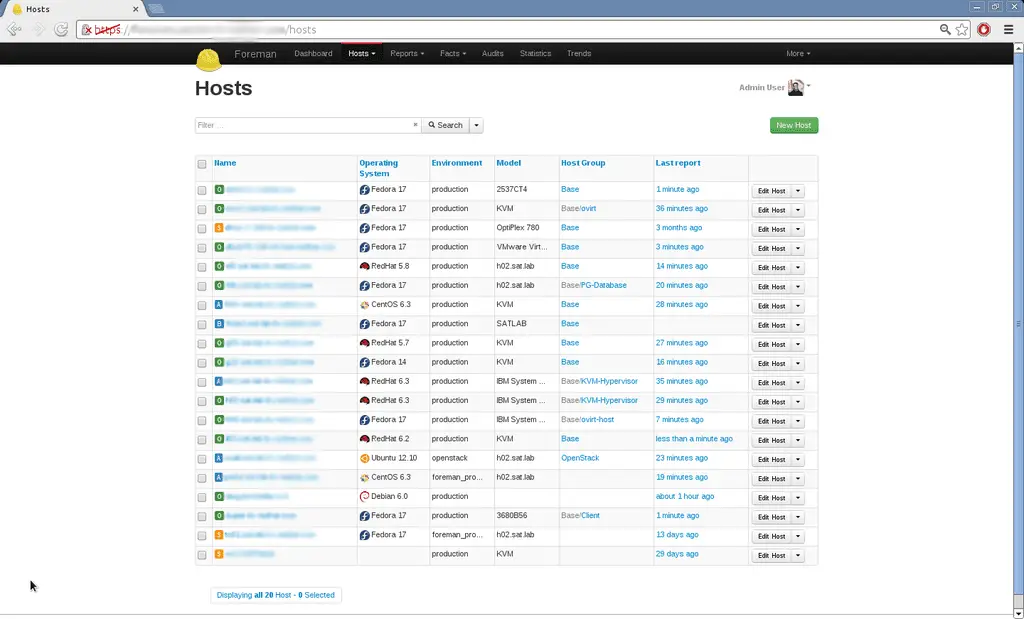
A critical vulnerability, CVE-2024-7012, has been discovered in Foreman, a widely used open-source lifecycle management tool. This authentication bypass flaw, with a CVSS score of 9.8 (the highest severity rating), could enable unauthorized users to gain administrative access to Red Hat Satellite, a commercial offering built on Foreman.
Foreman, a widely-used lifecycle management tool for provisioning, configuring, and monitoring physical and virtual servers, integrates with configuration management software such as Ansible, Puppet, and Chef. The vulnerability stems from a misconfiguration in the Foreman-Puppet integration when deployed with Gunicorn versions prior to 22.0. This misconfiguration, combined with Apache’s mod_proxy failing to properly unset HTTP headers due to underscore restrictions, opens the door to authentication bypass attacks.
The impact of CVE-2024-7012 is severe. Red Hat has confirmed that all active versions of its Satellite product (versions 6.13, 6.14, and 6.15) are vulnerable to this exploit. Red Hat Satellite, which is built on Foreman, is a popular platform used by enterprises for system lifecycle management, making the scope of the vulnerability significant. These systems are used in a wide variety of enterprise settings for managing server environments, meaning that the potential damage from this flaw could be widespread, leading to unauthorized access to critical infrastructure.
This flaw was fixed in Foreman 3.10.1, 3.11.2, 3.12.0. RedHat has responded swiftly by issuing a patch to address this flaw.
Organizations are urged to follow any forthcoming security advisories and consider alternative mitigation measures, such as network segmentation or restrictive firewall rules, to limit exposure.
Related Posts:
- Symantec: APT Chinese hacker group Thrip attacked US military satellite system & Southeast Asia
- CVE-2024-20419 (CVSS 10): Critical Flaw in Cisco Smart Software Manager Opens Door to Account Takeover